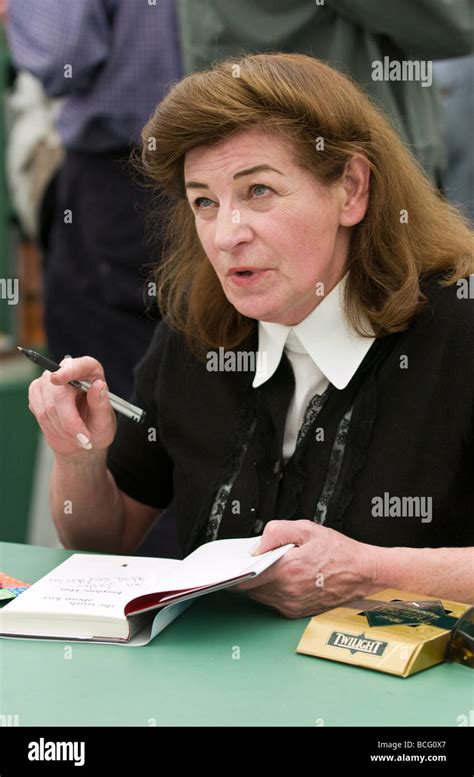A Quote by Babette Deutsch
Poetry is important. No less than science, it seeks a hold upon reality, and the closeness of its approach is the test of its success.
Related Quotes
For the past thirty years or so, much American poetry has been marked by an earnestness that rejects the comic. This has nothing to do with seriousness. The comic can be very serious. The trouble with the earnest is that it seeks to be commended. It seeks to be praised for its intention more than for what it is saying.
Poetry is related to philosophy as experience is related to empirical science. Experience makes us acquainted with the phenomenon in the particular and by means of examples, science embraces the whole of phenomena by means of general conceptions. So poetry seeks to make us acquainted with the Platonic Ideas through the particular and by means of examples. Philosophy aims at teaching, as a whole and in general, the inner nature of things which expresses itself in these. One sees even here that poetry bears more the character of youth, philosophy that of old age.
It is hard to compare cultures without overgeneralizing, but I think a lot of American poetry has an assertiveness - an upbeat quality - that's less typical of Canadian poetry. Of course there are poets in both countries to whom that generalization does not apply. Speaking broadly, I'd describe Canadians as being a bit more reserved than Americans. Not less opinionated - just less direct.
We all know that each generation has its own test, the contemporaneous and current standard by which alone it can adequately judge of its own moral achievements, and that it may not legitimately use a previous and less vigorous test. The advanced test must indeed include that which has already been attained; but if it includes no more, we shall fail to go forward, thinking complacently that we have "arrived" when in reality we have not yet started.
In real science a hypothesis can never be proved true...A science which confines itself to correlating phenomena can never learn anything about the reality underlying the phenomena, while a science which goes further than this and introduces hypotheses about reality, can never acquire certain knowledge of a positive kind about reality; in whatever way we proceed, this is forever denied us.






































